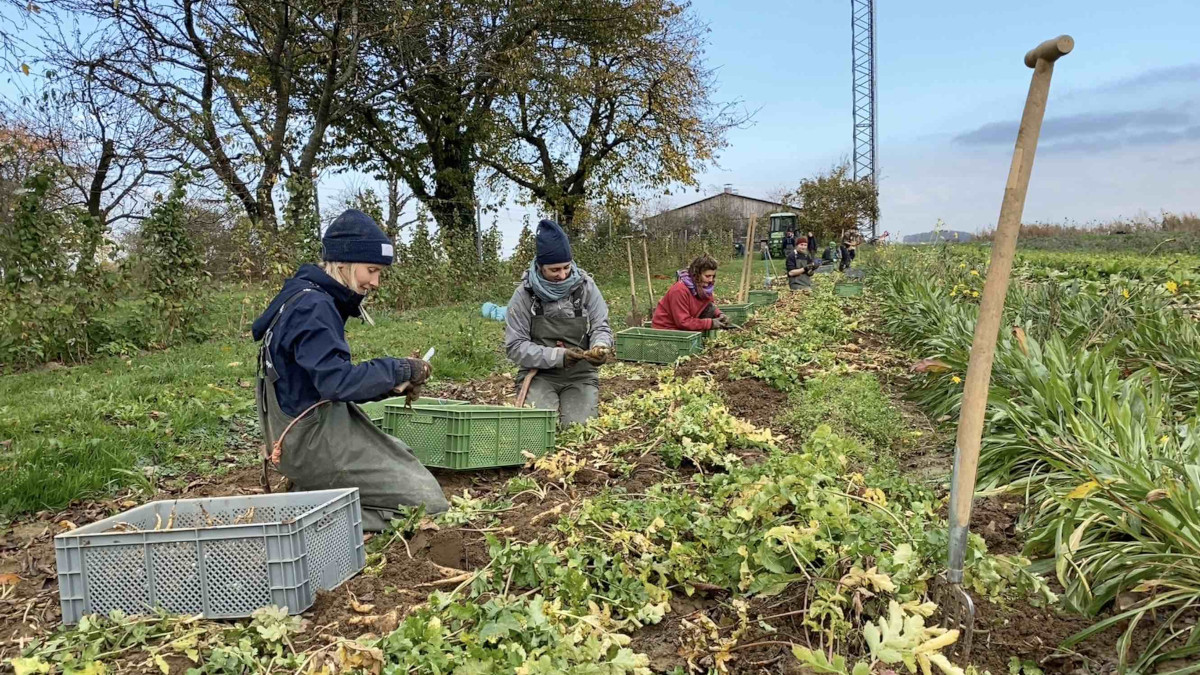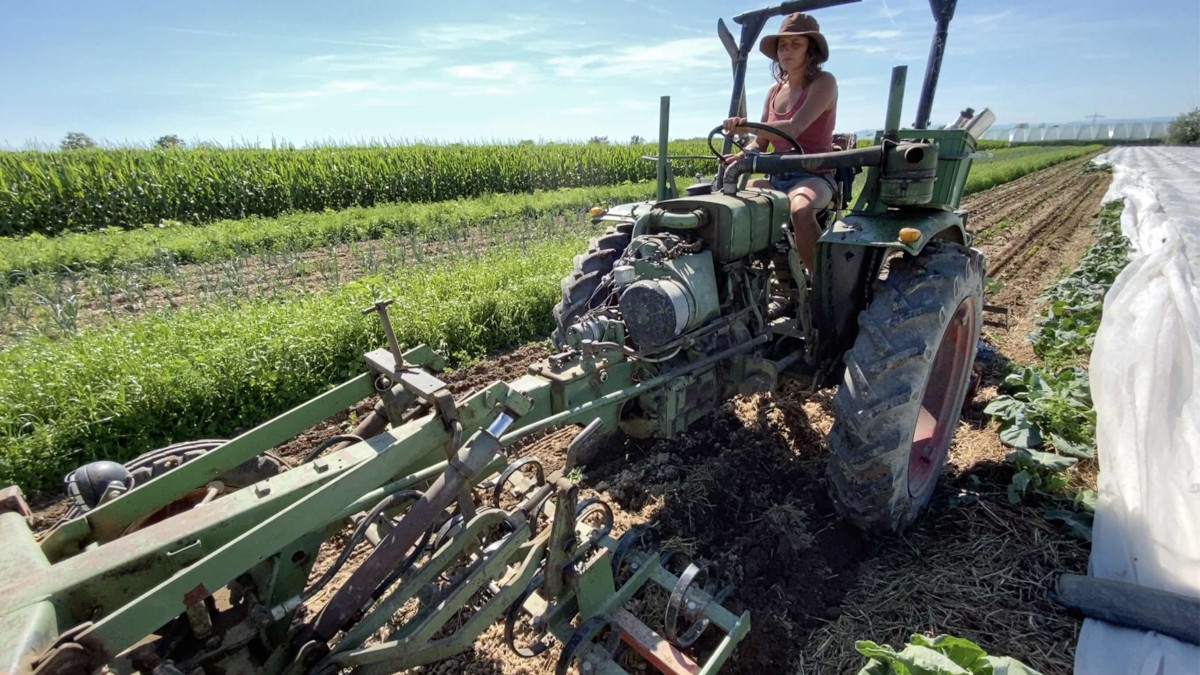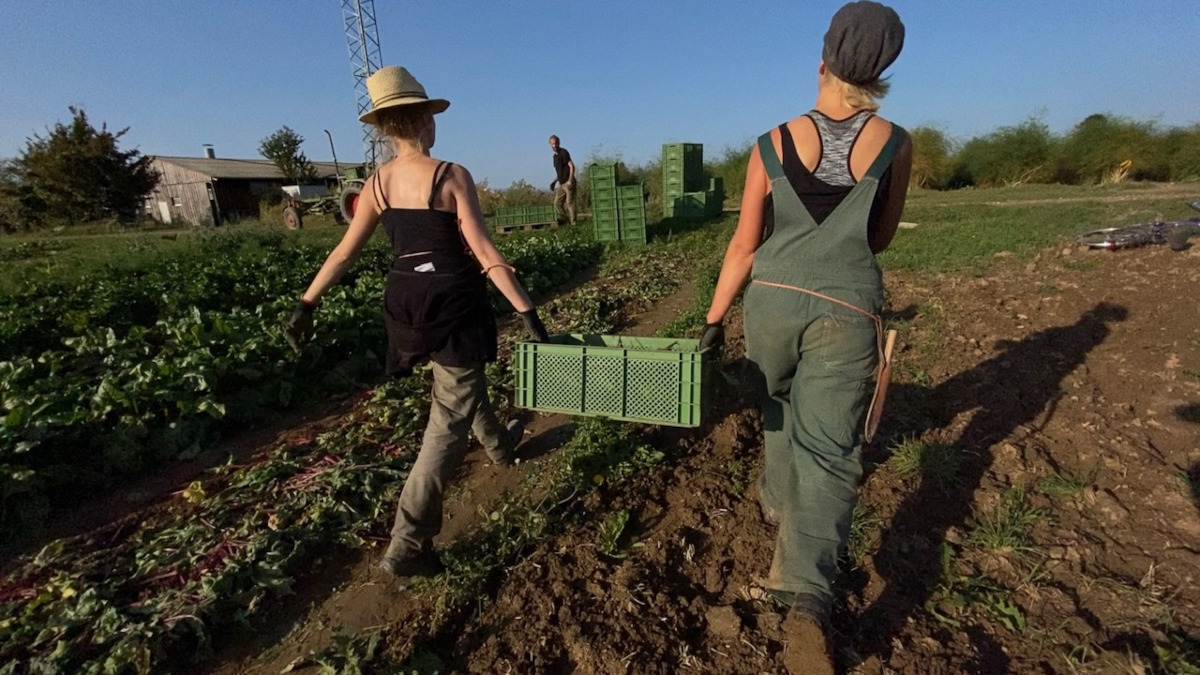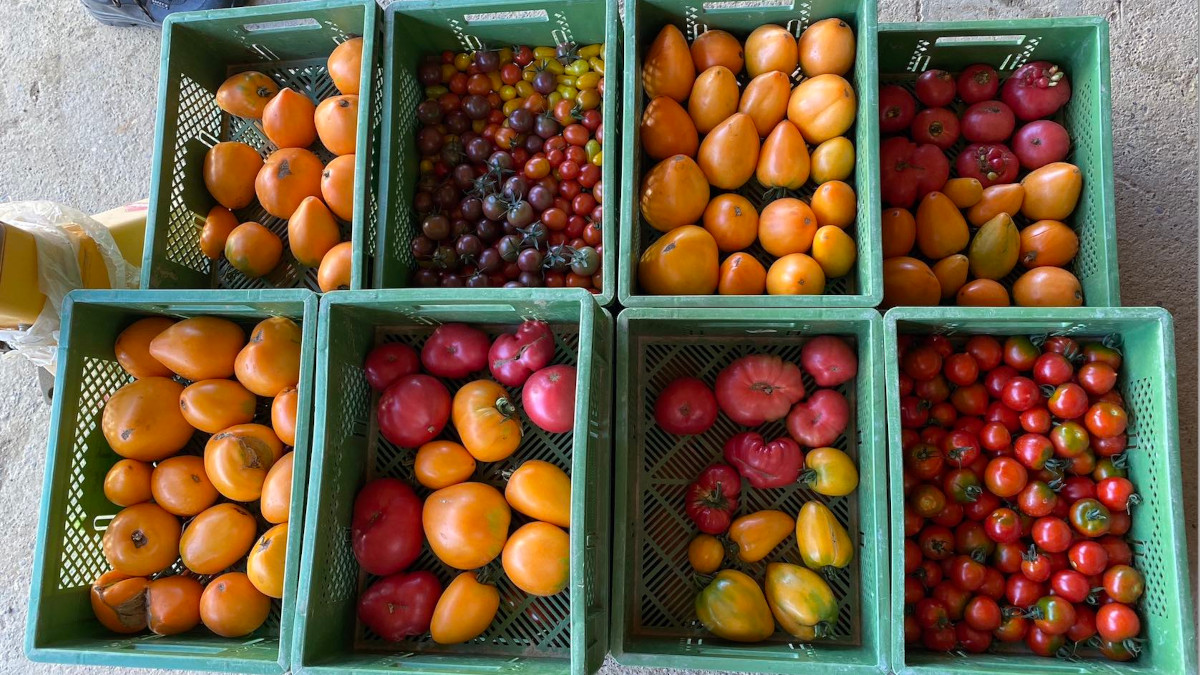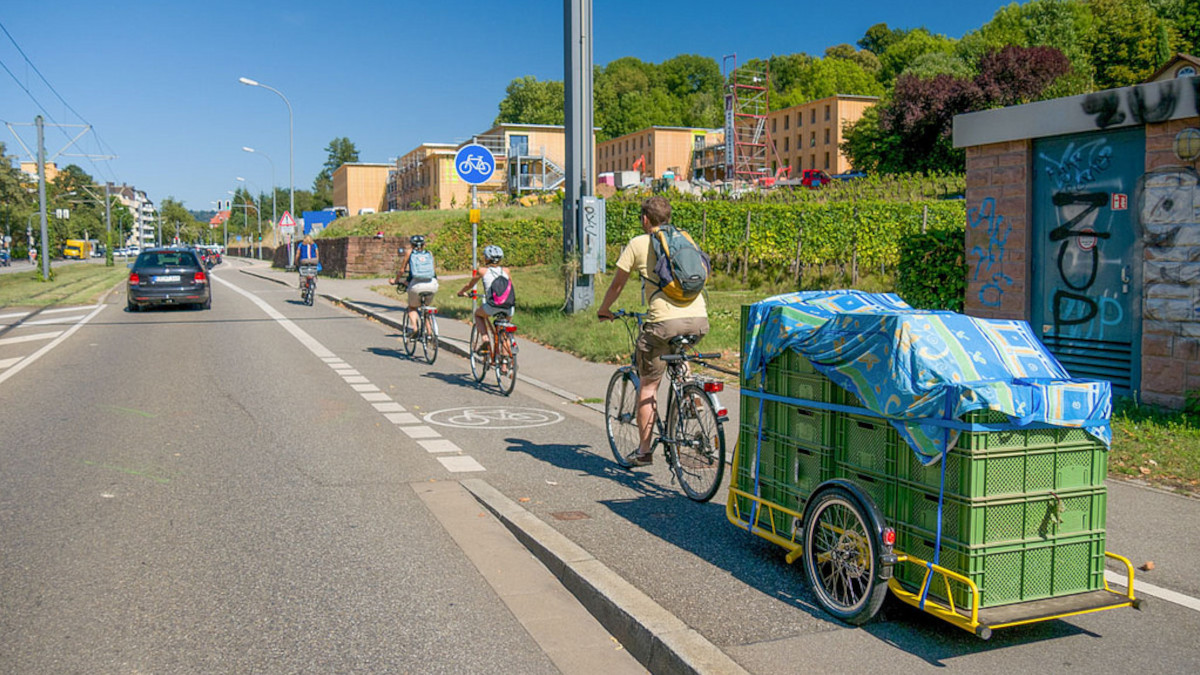Transition towards an ecological food system in Freiburg & region
In the face of the climate and biodiversity crisis, a business as usual scenario for the current agro-industrial food system is not an option. Setting up ecological production and local food systems is necessary for a sustainable future and a big challenge at the same time.
Germany is one the world’s largest markets for organic food. For the past 40 years Freiburg and its region has been gathering valuable experience in ecological agriculture and sustainable food production. An increasing amount of eco farms, farmers markets, cooperative and zero waste shops, an organic wholesale, food coops, community supported agriculture (CSA) and a variety of cooperating eco-businesses have been providing ecological food produce.
After a general introduction on the issues of climate crisis and the global food system, this online session will focus on the evolution of ecological agriculture in Germany and the region around Freiburg.
We’ll elaborate on the CSA scheme (community supported agriculture) of the Gartencoop, which was granted the climate protection award of the city of Freiburg. The cooperative involves about 300 households sharing the costs and risks of an organic farm close to Freiburg. Whatever the harvest, good or poor, it’s distributed to all members. Seasonal, totally organic growing, 100% original seed, short distances, solidary economics, collective property, education, contributing to the labour are some of the many hallmarks.
Finally, we’ll have a look at different initiatives that have emerged in recent years in the region. Together they give us an inspiring prospect of what a sustainable local food system could look like in the future.
Synchronous and asynchronous elements of the session are:
- PPT Presentation
- Videos
- Interactive activities
The online session can be carried out as a self-contained unit, but can also form part of a tailor-made Greencity-Seminar.







